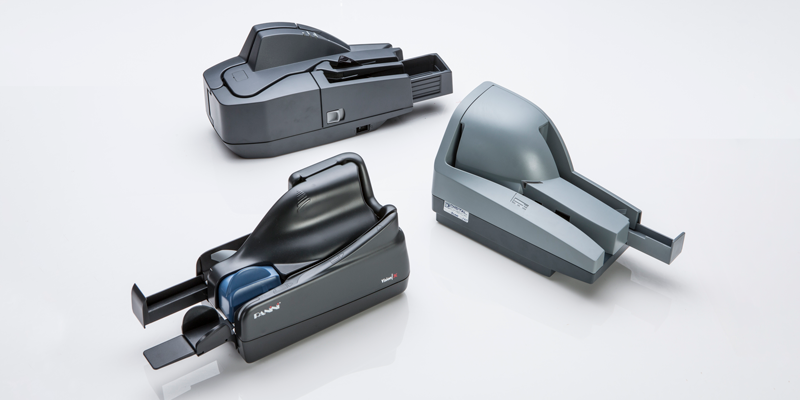
Remote Deposit Capture (RDC) hardware deployments represent a profit center for financial institutions offering RDC services to business customers. However many FIs are leaving scanner sales and deployments to outside experts.
As remote deposit capture becomes more entrenched with financial institutions and their business customers, FIs are relying more on expert partners to provide scanner deployments and support.
“There’s been a huge shift. More and more banks, and credit unions, are telling us they don’t want to be in the scanner business.”
Steve Traut, Senior Vice President of Sales at Superior
Instead, these FIs partner with companies like Superior which set up e-commerce sites through which businesses can order scanners certified for the FI’s RDC offerings.
“What I’m seeing is a shift to the self-service model, Today about 20%, or 500 of an estimated 2,500 scanner shipments a month by Superior are ordered through the e-commerce channel, compared to about 5% just 3 years ago."
Steve Traut, SVP of Sales
It’s not a new concept. Banks and credit unions are financial services organizations, and while technology is part of the service equation, technology fulfillment and maintenance are not what they typically embrace as core competencies.
The outsourcing option for scanner fulfillment initially was seen as a cost-effective approach to supporting small and mid-sized businesses. However, it didn’t take off at first. Chalk it up to sticker shock. So they moved to a subscription model, which seems to be working. The big banks don’t want to deal with scanners even for large corporate customers anymore.
The shift to a self-service model is about more than just selling scanners. Support services include how-to videos for business clients, on-site training, fielding client calls, advanced diagnostics and device monitoring, and repairs. Addressing these pain points allows the banks to focus on their business.
Superior maintains a cradle-to-grave system of records on each scanner. Most FIs that deploy scanners themselves don’t keep detailed records and often, when broken scanners get returned, an FI will rush out replacements but stow away the broken devices to collect dust.
The Move to Plug-and-Play
What scanner features are FIs most interested in? Plug-and-play and driverless devices - wireless and networked scanners, and all-in-one devices. Manufacturers are embedding drivers and security features within scanners, which makes plug-and-play devices a reality.
Network scanners are manufactured with online intelligence, the processing power needed to extract and format data, plus the ability to communicate wirelessly with other systems using Internet protocols. They're also operating system agnostic, which effectively makes them plug-and-play black boxes.
What to Look for in an RDC Partner
So, what should banks consider when looking for a scanner fulfillment partner? Here’s a list of questions to help get the decision process rolling.
· Does the provider offer FI-branded e-commerce portals that business clients can use to order scanners?
· Can scanners be offered on a subscription basis, for outright sale, and/or a combination of the two?
· How is billing handled – by the FI or the vendor?
· What training and ongoing support services are made available to business clients?
· How quickly does the vendor respond to support calls?
· Are scanner cleaning supplies and accessories part of the fulfillment offering?
· Are ongoing scanner maintenance and warranty options available?
· Does the vendor provide asset management services?
· Does the company provide detailed reporting on scanner deployments, warranty status, etc.?
· Does it offer scanner buyback programs?
Click here to learn more about Superior's RDC scanner fulfillment and maintenance options.
